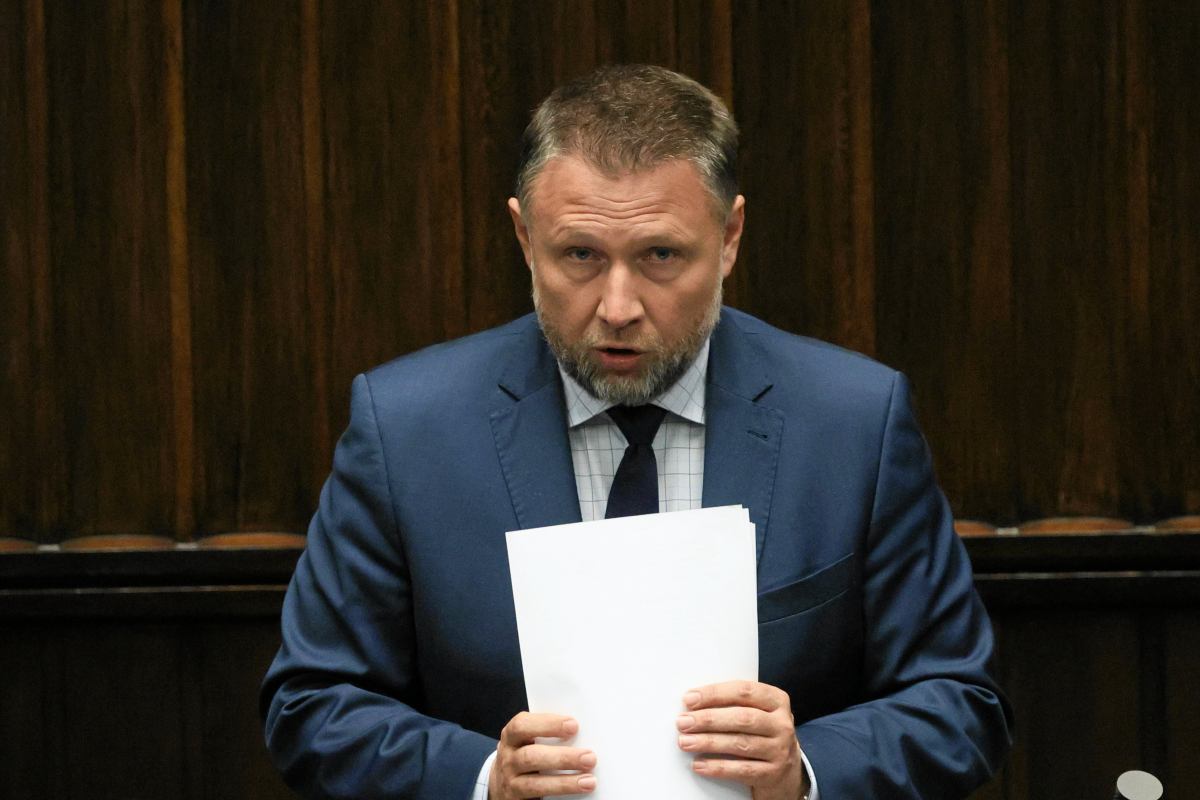Poland will erect the first-ever monument to Gen. Tadeusz Jordan-Rozwadowski in Warsaw, with plans to unveil it between 2025 and 2026, following a submission by the Minister of National Defense to the President for his posthumous awarding of the Order of the White Eagle.
Monument Location and Purpose
The monument will stand near the headquarters of the General Staff of the Polish Army at 4a Rakowiecka Street in Mokotow – the site of the country’s highest military command authority.
General Jordan-Rozwadowski’s Military Career
Tadeusz Jordan-Rozwadowski (1866–1928) was one of Poland’s most distinguished military commanders in the early 20th century. A seasoned officer from the Austro-Hungarian Army, he became the first chief of the General Staff of the Polish Army after the country’s independence. During the decisive phase of the Polish-Bolshevik War, he returned to service in Warsaw and assumed the role of General Staff Chief on July 22, 1920. As a co-author of the operational plan, he drafted the famous Order No. 10,000 on August 10, 1920, outlining tasks for individual armies and attack directions, which led the Polish Army to victory in the Battle of Warsaw.
Military Decorations and Honors
For his combat merits, Gen. Rozwadowski was twice awarded the Virtuti Militari Order (Classes II and V) and four times the Order of the Cross of Valor. He also held high honors from several European nations.
Key Contributions in World War I and Post-War Military Reforms
During World War I, he gained fame for his innovative use of artillery – the so-called mobile fire barrier – at the Battle of Gorlice. In the years of the Second Polish Republic, he served as Chief Inspector of Cavalry and General Inspector of Horseback, helping shape post-war cavalry doctrine. His achievements also include participating in the establishment of the Polish-Romanian alliance in 1921.
Political Conflict and Tragic End
In May 1926, he led legal government forces during the May Coup, initiating a sharp political-military conflict with Piłsudziki circles. After his arrest, he was held in harsh conditions, and upon release, his health rapidly declined. He died on October 18, 1928, in Warsaw; following his wishes, he was buried at the Lviv Defenders Cemetery. During the post-war destruction of the necropolis, his remains were moved to an unknown location – according to findings by the Council for the Protection of the Struggle and Martyrdom, they were likely relocated to Łyczakowski Cemetery.
Monument’s Significance in National Memory
The announcement of the monument aligns with broader efforts by state institutions to commemorate the Battle of Warsaw and its heroes. During the ceremony in Ossów, it was emphasized that this will be the first monument in Polish history dedicated to Gen. Rozwadowski, erected and unveiled at a site deeply connected to Polish military command.
Source: MiejskiReporter, **Category:** 1










